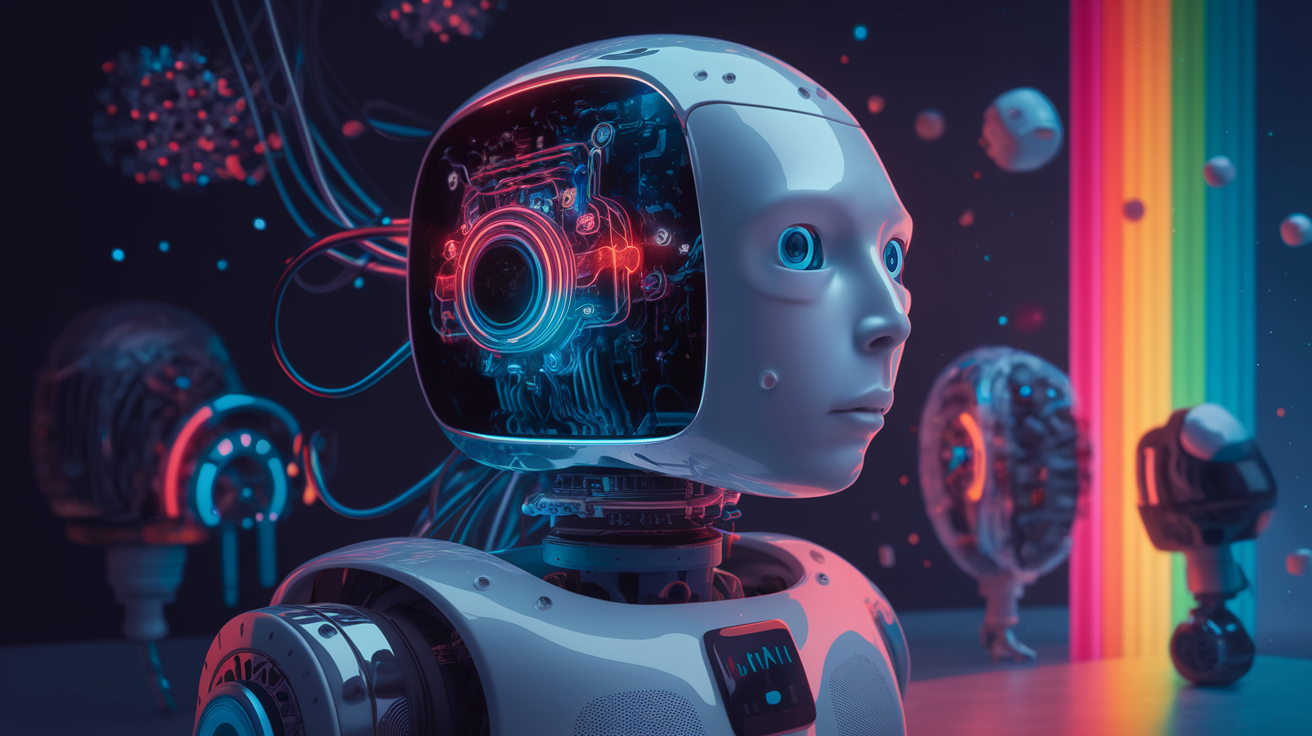

Amid a series of significant developments, OpenAI CEO Sam Altman has acknowledged that the company has been on the "wrong side of history" concerning its open source strategy. During a Reddit AMA session, Altman and members of the OpenAI team discussed various aspects of the company's policies and technological advancements, capturing attention within the AI community.
OpenAI faces mounting pressure from global competitors, particularly Chinese companies like DeepSeek, which OpenAI has accused of possibly infringing on its intellectual property. This challenge coincides with OpenAI’s efforts to strengthen relationships with policymakers in Washington while undertaking ambitious projects such as a large-scale data center development. Simultaneously, the organization is rumored to be setting the stage for a historic fundraising round.
Altman acknowledged that OpenAI's lead in the AI sector has been diminished by competitors such as DeepSeek. He admitted the company's previous approach to open source models might have been misguided, noting that despite having open-sourced models in the past, OpenAI generally opted for proprietary paths in development. Altman expressed a personal belief in devising a new open source strategy but indicated it is not the company’s highest priority at present.
OpenAI’s Chief Product Officer Kevin Weil contributed to the discussion by highlighting that OpenAI may consider open sourcing older models that are no longer cutting-edge, although specific details were not provided.
In light of competition and public demand, Altman suggested that OpenAI might introduce more transparency in explaining the reasoning of its AI models. This came in response to comparisons with DeepSeek’s reasoning model, R1, which openly displays its decision-making processes. Weil indicated that OpenAI plans to increase transparency regarding its models' thought processes, despite concerns about competitive risks.
The team addressed rumors about potential price increases for ChatGPT, OpenAI’s chatbot platform. Altman expressed a desire to make ChatGPT more affordable over time. He previously disclosed that the company was incurring losses on its ChatGPT Pro plan, which is priced at $200 per month.
Weil pointed out that the demand for compute power is driving projects like Stargate, a substantial data center initiative by OpenAI. As user demand for AI models grows, so does the necessity for increased computational capacity.
Altman discussed the prospect of recursive self-improvement—a scenario where AI systems enhance their own capabilities autonomously—stating he finds a "fast takeoff" more conceivable now than before.
The conversation also touched upon OpenAI’s partnership with the U.S. government, which involves utilizing AI models in nuclear defense research. Weil expressed trust in the government scientists involved, noting their expertise and rigorous data validation practices.
Altman and Weil fielded questions about future model releases, including the anticipated o3 reasoning model and GPT-5, as well as a successor to the image-generating model DALL-E 3. While timelines are not firmly set, Weil assured that advancements are underway and will be worthwhile.
As OpenAI navigates a dynamic technological landscape, the company’s leadership acknowledges past missteps and focuses on charting a path that includes reassessing open source strategies, enhancing model transparency, and addressing infrastructure needs.
```